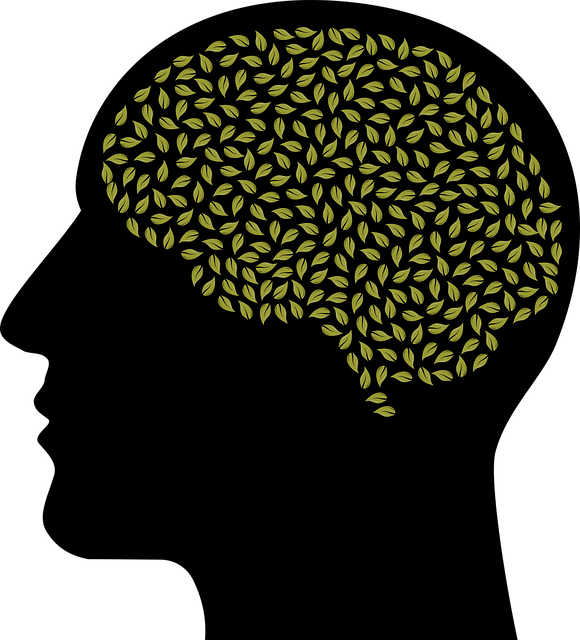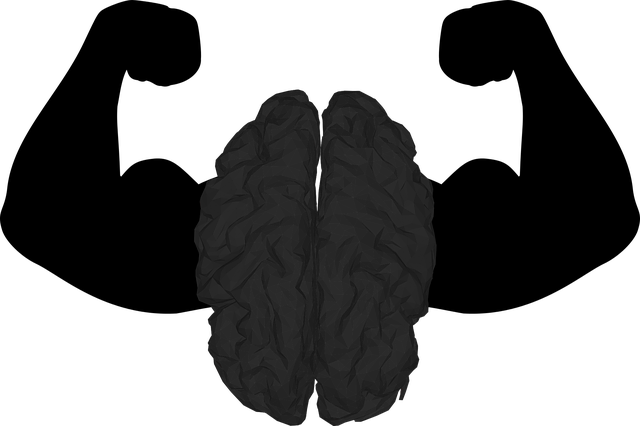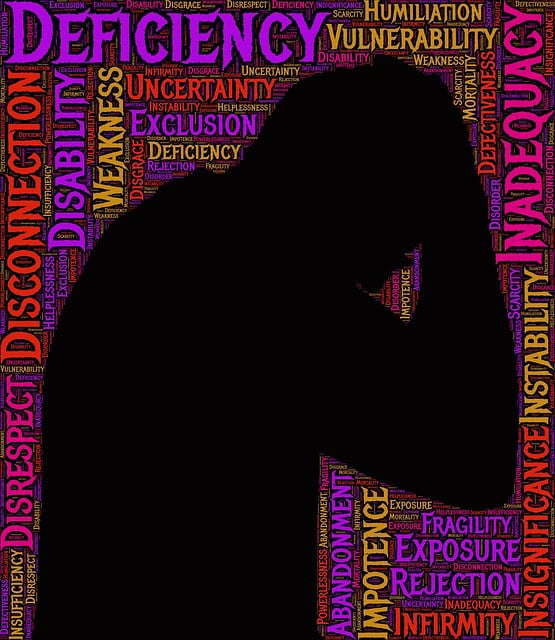Depression, fueled by genetics, environment, and brain chemistry, can be managed through early identification of symptoms. Lakewood Abuse Survivors Therapy (LAST) offers specialized support for trauma survivors using evidence-based practices like Compassion Cultivation. LAST creates a nurturing environment, promotes open communication, and prevents burnout for both clients and healthcare providers. Positive lifestyle changes, including balanced diets, exercise, and sleep hygiene, significantly aid in depression recovery, especially for those who have undergone LAST therapy. By combining professional guidance with accessible resources, LAST empowers individuals to take control of their mental health journey, leading to improved emotional healing and enhanced well-being.
Depression is a prevalent yet manageable condition. This article guides you through effective prevention strategies to combat this mental health challenge. We explore key aspects such as recognizing depression’s signs and symptoms, fostering a supportive environment inspired by the impactful Lakewood Abuse Survivors Therapy (LAST) approach, adopting lifestyle changes like diet, exercise, and sleep hygiene, and leveraging professional help. By implementing these strategies, individuals can enhance their mood, promote resilience, and navigate the path to recovery.
- Understanding Depression: Recognizing Signs and Symptoms
- Creating a Supportive Environment: Lakewood Abuse Survivors Therapy Approach
- Lifestyle Changes for Mood Enhancement: Diet, Exercise, and Sleep Hygiene
- Professional Help and Additional Resources: Navigating the Path to Recovery with LAST
Understanding Depression: Recognizing Signs and Symptoms

Depression is a complex mental health condition that impacts millions worldwide, often developing from a combination of genetic predisposition, environmental stressors, and brain chemistry imbalances. Recognizing the signs and symptoms early on is crucial for effective prevention and treatment. Individuals may experience persistent feelings of sadness, hopelessness, or emptiness, along with changes in appetite, sleep patterns, energy levels, and concentration. Withdrawl from social activities, loss of interest in hobbies, and difficulty making decisions are also common indicators.
For those who have experienced trauma, such as abuse survivors in Lakewood, seeking specialized support like Lakewood Abuse Survivors Therapy (LAST) can be transformative. LAST utilizes evidence-based approaches, including Compassion Cultivation Practices, to help individuals process past traumas and develop coping strategies for managing mental health challenges. Additionally, Mental Illness Stigma Reduction Efforts play a vital role in fostering understanding and empathy within communities, encouraging early intervention and preventing Burnout among both survivors and caregivers.
Creating a Supportive Environment: Lakewood Abuse Survivors Therapy Approach

Creating a supportive environment is a cornerstone of effective mental health care, especially when addressing complex issues like depression stemming from past abuse. The Lakewood Abuse Survivors Therapy (LAST) approach emphasizes the importance of nurturing spaces where individuals feel safe to explore and process traumatic experiences. This therapeutic model prioritizes building strong, trusting relationships between clients and therapists, recognizing that a secure environment is fundamental for healing and mood management.
By incorporating principles from the Mental Wellness Podcast Series Production, LAST encourages open communication and active listening. Therapists are trained to assess risks using the Risk Assessment for Mental Health Professionals guidelines, ensuring they can provide tailored support while mitigating potential hazards. This holistic approach not only prevents relapse but also fosters resilience, empowering individuals to take control of their mental wellness and navigate life’s challenges more effectively.
Lifestyle Changes for Mood Enhancement: Diet, Exercise, and Sleep Hygiene

Making positive lifestyle changes can significantly impact mood enhancement and depression prevention. A balanced diet rich in nutrients is essential for mental well-being, as certain foods can boost serotonin levels, a neurotransmitter linked to happiness. Incorporating regular physical activity into your routine also plays a crucial role in improving mood; exercise releases endorphins, often referred to as ‘feel-good’ hormones. Additionally, prioritizing sleep hygiene ensures adequate rest, which is vital for managing stress and anxiety, common contributors to depression.
For those who have experienced trauma or abuse, such as survivors of Lakewood Abuse Survivors Therapy, these lifestyle changes can be a powerful tool in their healing journey. By focusing on diet, exercise, and sleep, individuals can support their mental health and reduce the risk of burnout, which is often linked to chronic stress. Moreover, these simple yet effective strategies can complement traditional therapy and conflict resolution techniques, providing a holistic approach to anxiety relief and overall well-being.
Professional Help and Additional Resources: Navigating the Path to Recovery with LAST

Navigating the path to recovery from depression can be challenging, but professional help is an invaluable step. Lakewood Abuse Survivors Therapy (LAST) offers specialized support tailored to individual needs, focusing on both emotional well-being promotion techniques and emotional healing processes. Their experienced therapists employ evidence-based approaches to address underlying causes, providing a safe space for clients to process their experiences and develop coping mechanisms.
In addition to therapy, LAST delivers burnout prevention strategies specifically designed for healthcare providers who may be at heightened risk due to their demanding professions. These resources extend beyond traditional treatment, fostering a holistic approach that nurtures both mind and body. By combining professional guidance with accessible additional resources, LAST empowers individuals to take control of their mental health journey, ultimately contributing to improved emotional healing processes and enhanced overall well-being.
Depression prevention is a multifaceted approach that combines understanding, support, and proactive lifestyle changes. By recognizing signs early and adopting strategies like the Lakewood Abuse Survivors Therapy (LAST) approach, individuals can effectively navigate their mental health journey. Integrating professional help with personal initiatives, such as dietary adjustments, regular exercise, and improved sleep hygiene, empowers folks to overcome depression and cultivate a brighter, more resilient future.














